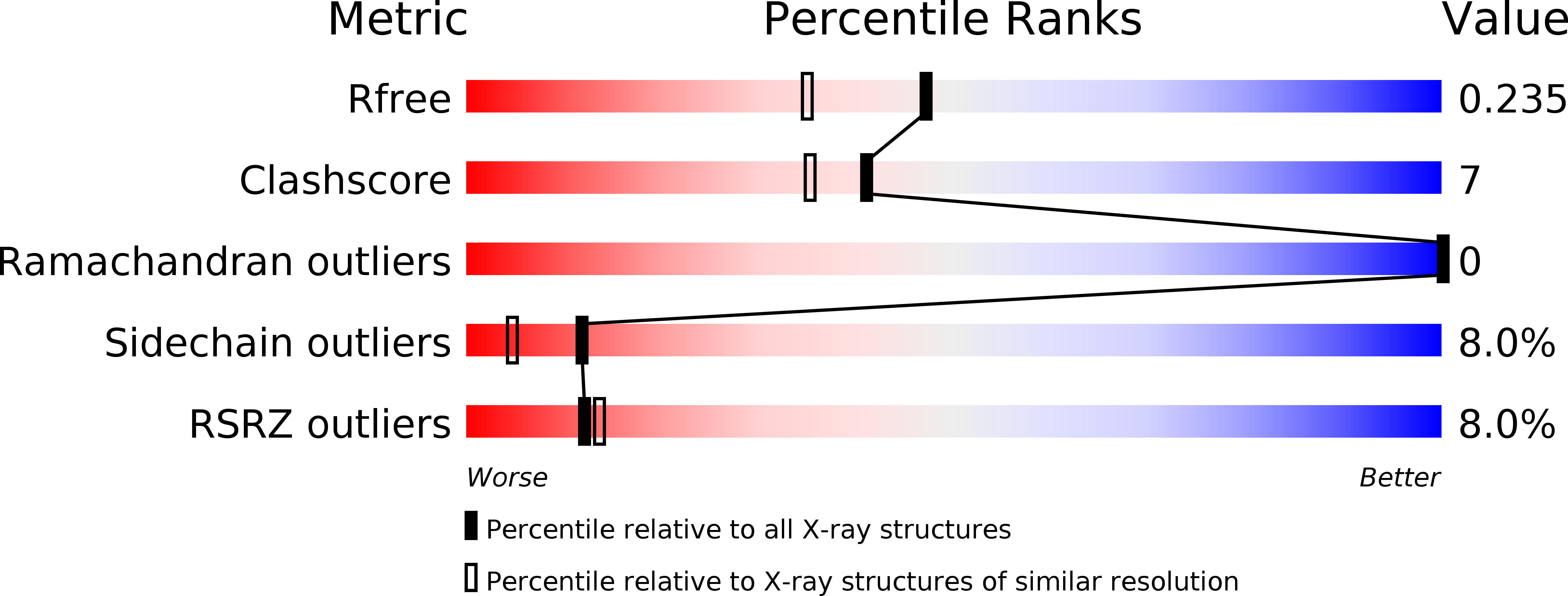
Deposition Date
2010-06-21
Release Date
2011-05-18
Last Version Date
2024-03-20
Entry Detail
PDB ID:
3NLB
Keywords:
Title:
Novel kinase profile highlights the temporal basis of context dependent checkpoint pathways to cell death
Biological Source:
Source Organism(s):
Homo sapiens (Taxon ID: 9606)
Expression System(s):
Method Details:
Experimental Method:
Resolution:
1.90 Å
R-Value Free:
0.24
R-Value Work:
0.18
R-Value Observed:
0.18
Space Group:
P 1 21 1


